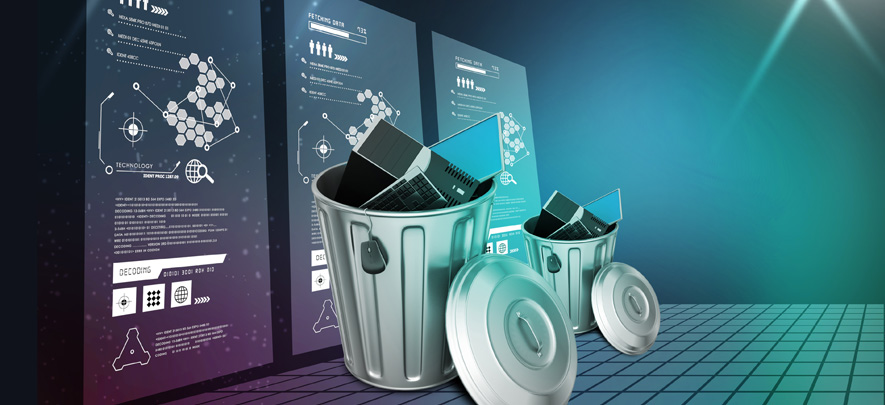The problems with unused software and how to solve them

Digital & Technology
241 week ago — 5 min read
A lot of firms invest in software and other high-end technology because they ‘have to’ not because they ‘need to’. They go through the entire rigmarole of research, deal signing and onboarding, only to not use the software on a regular basis.
Incomplete or inadequate software adoption is a pervasive problem for all types and sizes of companies. One 2016 study estimated that American and British companies spent about $34 billion a year on licenses that were ultimately underused or unused (a full 30%!). If your firm has also purchased software that you’re not actively using, you have wasted a lot of money that might be better used for other purposes. But money down the drain is not the only serious outcome of such wastage. Companies also miss out on harnessing the benefits offered by the technology that they are buying but not using. A firm usually invests in technology to solve a business problem, but if no one uses that technology, the problem remains and is further compounded by the problem of wastage.
Why does this happen? Why don’t employees use the software their organisation has paid for?
There could be multiple reasons. Sometimes, the organisation does not get its staff’s buy-in before investing in or installing the technology. If people don’t know what they’re using or why, they’re unlikely to actually use it.
Another reason for under-utilisation is that the software may be difficult to understand or use. If staff is not adequately trained, they will struggle to use it and ultimately give up.
In firms where the emphasis is on ‘billable’ hours, staff may be unable or unwilling to set aside time to learn how a new application works, especially if they’re not convinced that the application can be profitable or useful.
Finally, another common reason can be traced back to the organisation’s inability to seamlessly integrate the new software into their existing workflows. When this happens, people who are used to the ‘old’ way of working sometimes can’t even remember to make the switch, much less be enthusiastic about it.
Also read: How is cloud computing supporting organisations during Covid-19?
What can you do about the problem of under-utilisation or non-utilisation of software in your firm?
The first step is to only invest in technology that you really need. Buy software that integrates with the way your people work, saves time, and improves productivity and efficiency outcomes, instead of following the herd and buying software that ‘everybody’s’ using.
Once you have decided what to buy, recruit your tech-friendly early adopters as ‘champions’ so that they can help other staff see the benefits of the new system. Many companies use this strategy when they purchase CRM software like Salesforce. There’s no reason you cannot do the same with every other piece of new software or technology you buy.
Once you have decided what to buy, recruit your tech-friendly early adopters as ‘champions’ so that they can help other staff see the benefits of the new system.
Also important – look for software that people can start using as quickly as possible. If they have to give up hours of productive work for training, they are unlikely to be enthused about using it.
So there you go! Don’t waste your company’s precious time and money on software that no one uses and probably never will! Be smart with your purchases or don’t make the purchase at all!
Also read: Here's the digital Covid-19 recovery plan and 3 ways to do it
Image source: shutterstock.com
To explore business opportunities, link with me by clicking on the 'Connect' button on my eBiz Card.
Disclaimer: The views and opinions expressed in this article are those of the author and do not necessarily reflect the views, official policy or position of GlobalLinker.
Posted by
Lion Amir ViraniTech Evangelist| Thought Leader | Social Entrepreneur | Enthusiastic Networker | Speaker| Startup Mentor
View Lion Amir 's profile
SME Inspirations
Other articles written by Lion Amir Virani
3 red flags your business website needs a redesign
173 week ago
Most read this week

















Comments
Please login or Register to join the discussion